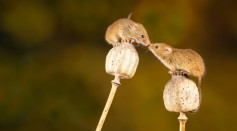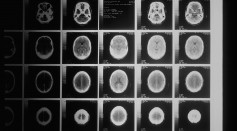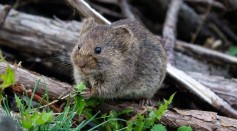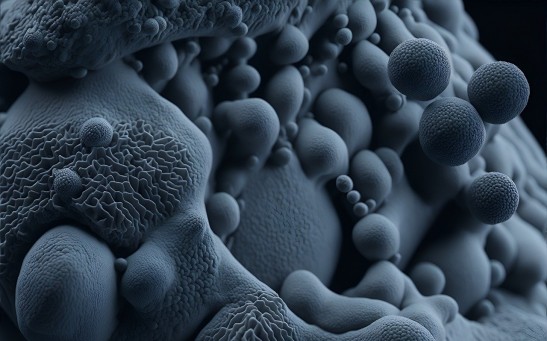mice

Gel From Iron, Milk Protein That Helps Mice Break Down Alcohol Could Potentially Prevent Hangovers
Grown Mice With Hybrid Brains Can Smell Using Rat’s Neurons [Study]

Mice's Brain Adjusts Time Processing To Communicate With Others More Effectively, Study Reveals

Microplastics Found To Infiltrate Brain, Every Other Organ of Mice, Study Reveals
Longevity Genes From Naked Mole Rats Successfully Transferred Into Mice To Improve Their Lifespan
Taurine Could Be ‘Elixir of Life’; Chemical Increases Mice’s Lifespan [Study]

Astronauts Bound For Mars Could Be Induced to Torpor-Like State Through Ultrasound Signals, Study on Rodents Suggests
Deceiving Mice With Scent: Is Olfactory Misinformation the Solution to Crop Infestation?

Hope For Glioblastoma Patients: Novel Gel Cures Mice With Aggressive Brain Tumors

Antlers Grown on Mice Through Stem Cell Technology; Breakthrough Demonstrates Possibilities of Humans Regrowing Limbs

Debunking the Myth: Do Mice Really Love Cheese?
Mini Human Guts Transplanted Into Mice Developed Key Features of Immune System [Study]

Artificial Sweetener Seen to Heighten Anxiety in Mice for Up to Two Generations

New Synthetic Retinoid Treatment Tested On Mice May Cure Congenital Blindness
Most Popular

How Technology Is Changing the Real Estate Industry?

Study Reveals High Turnover in Scientific Research Careers: What This Means for Future Scientists

Nikolay Karpenko Biography, Photo, Career, Accomplishments

China’s Tiangong Space Station to Expand Its Capabilities With New Modules






